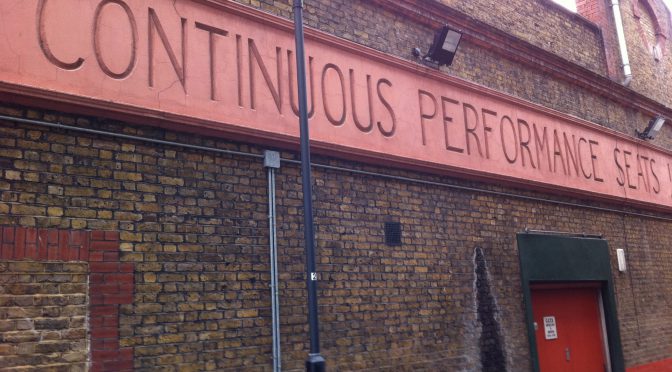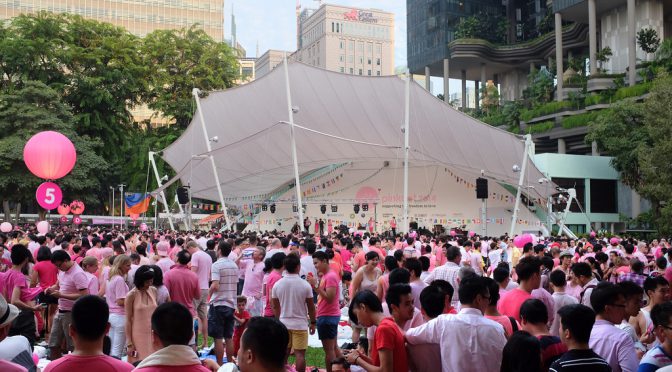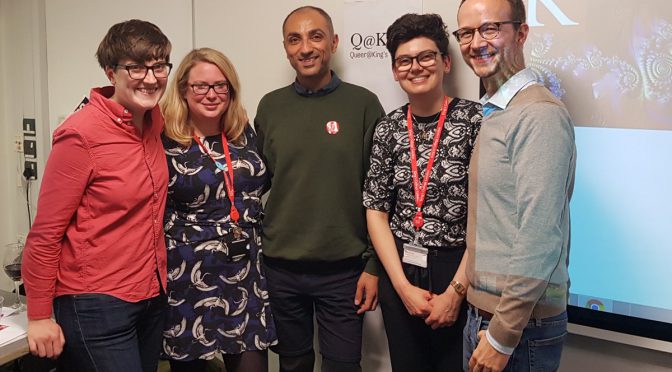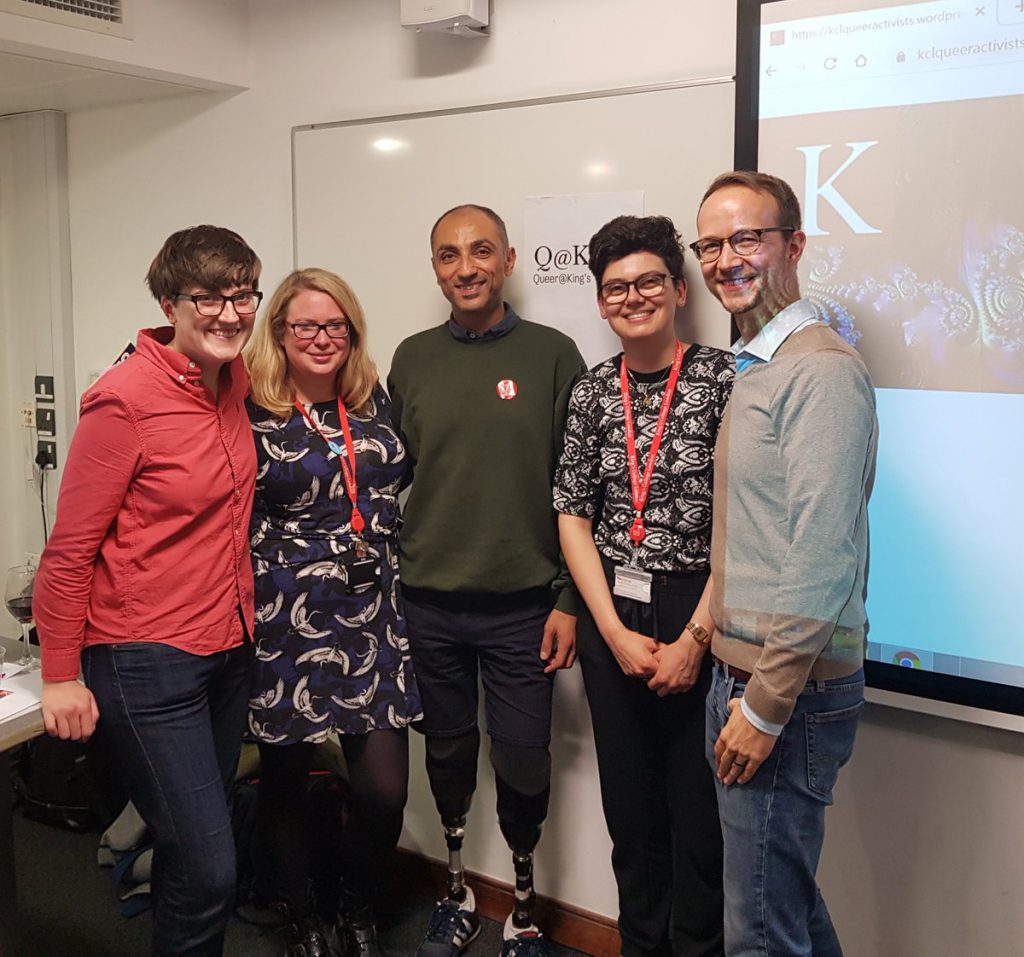by Professor Alan Read
In the 1980s Alan was director of Rotherhithe Theatre Workshop, a neighbourhood theatre based in the Docklands area of South East London, in the 1990s he worked as a freelance writer in Barcelona and was Director of Talks at the Institute of Contemporary Arts in London, and from 1997-2006 he was Professor of Theatre at Roehampton University where he directed a five year AHRC research funded programme on performance, architecture and location exploring theatre and public ceremonial in rational housing blocks and council estates.
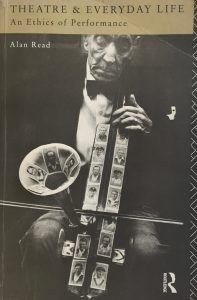
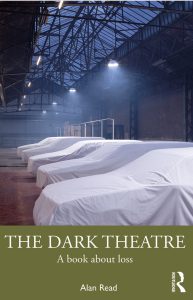
The Dark Theatre was written as a critical response to my first book Theatre & Everyday Life (Routledge, 1993). This book mimicks the ambitions and two-part structure of that earlier work but takes stock of the intervening quarter-century turn towards financialization and precarity in Western Europe, exploring a ‘general economy of performance’ by way of response to these capitalized conditions. The Dark Theatre is not an updating of the source work but instead engages with questions of community, ecology, and what I call ‘cultural cruelty’ as evidenced in practices ranging from theatrical acts to legal processes.

